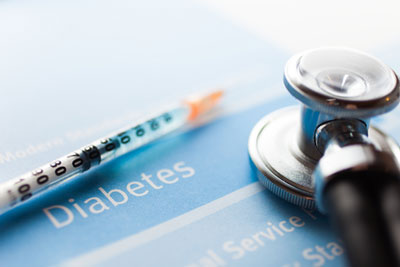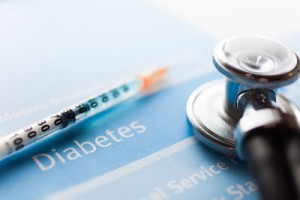Open dialogue could improve type 2 diabetes management
Posted: 16 September 2015 |
Results from a new study showed different perceptions of control among physicians and patients that may lead to suboptimal type 2 diabetes management…


Results from Novo Nordisk‘s Perceptions of Control (POC) study, presented at the European Association for the Study of Diabetes (EASD) meeting, showed different perceptions of control among physicians and patients that may lead to suboptimal type 2 diabetes management.


The purpose of the study was to investigate how this patient population perceived control and whether it differed from perceptions of control among physicians. For the study, data were collected from 1,607 patients and physicians. The study showed adults with type 2 diabetes uncontrolled on basal insulin had a broader definition of control, perceived greater obstacles to maintaining control and that life was impacted significantly more than physicians expected.
“There is a significant gap in perceptions of control between physicians and patients in how they define control, the obstacles and how being uncontrolled on basal insulin impacts patients’ daily lives,” said Meryl Brod, PhD, lead investigator of the POC research study. “Having a more open dialogue during consultations may provide more insight into these critical factors which could improve diabetes management and lead to more effective individualised treatment plans.”
Patients perceived more obstacles to achieving control compared to physicians
The study identified that physicians defined control in measurable, clinical terms such as frequency/severity of hypoglycaemia (93% vs 69%), complications (89% vs 75%) and HbA1c (85% vs 79%) versus patients uncontrolled on basal insulin respectively. Although these clinical measures were important to people with type 2 diabetes, their definitions of control had a much broader focus than physicians and included the amount of insulin taken per day (78% vs 29%), energy levels (75% vs 33%) and how much they have to think about their disease (68% vs 31%) amongst other factors.
People with type 2 diabetes uncontrolled on basal insulin perceived more obstacles to achieving control compared to physicians, including stress (75% vs 54%), medicine side-effects (70% vs 56%) and a lack of patient support groups (56% vs 11%).
The impact of being uncontrolled on basal insulin and how it interfered in one’s life was perceived as significantly greater than physicians believed including aspects such as mood/emotions (63% vs 33%), making plans (62% vs 16%) and how much one accomplished during the day (62% vs 23%) amongst other factors.




